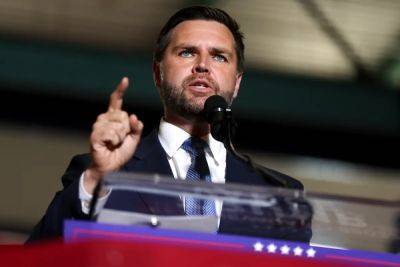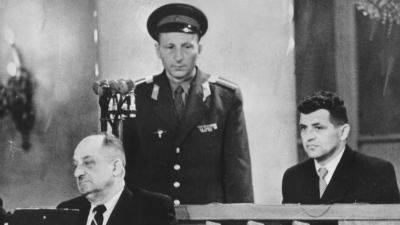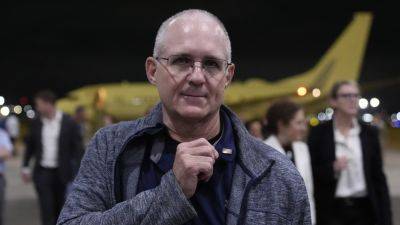Prisoner Deals Stoke Fears of Perverse ‘Incentive’ to Grab Americans
Behind the jubilation over the latest release of Americans unjustly imprisoned abroad are growing concerns that a new era of hostage diplomacy has emerged, with U.S. adversaries concluding that it pays to arrest innocent Americans and trade them for convicted smugglers, hackers, spies — and even killers.
While loath to criticize any specific swap, current and former U.S. officials worry that strongmen like President Vladimir V. Putin of Russia are exploiting America’s willingness to horse-trade for its citizens. Among those returned to Moscow on Thursday in a deal involving 24 prisoners and seven nations was a Russian assassin serving a life sentence in Germany for gunning down a Kremlin enemy in a Berlin park.
“I worry about the incentive this gives nations to abduct Americans,” said Adam Hickey, a former deputy assistant attorney general in the national security division of the U.S. Justice Department. Speaking of the trend toward hostage trades generally, he added: “I don’t see how this doesn’t lead to an escalation or increase” in the practice by foreign governments.
But practical alternatives are hard to come by, Mr. Hickey and other experts concede.
In response to Thursday’s deal, former President Donald J. Trump suggested that President Biden had set a “bad precedent” by paying too high a price to Mr. Putin.
Yet Mr. Trump offered no evidence that he could have struck a better deal, apart from a false claim that he had given up “NOTHING” as president to win the release of Americans imprisoned abroad. In fact, Mr. Trump traded prisoners with U.S. adversaries, including Iran and the Afghan Taliban, on at least four occasions.
In a joint statement, Speaker Mike Johnson and the Senate minority leader, Mitch McConnell, called







